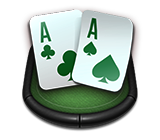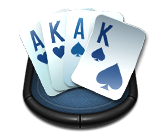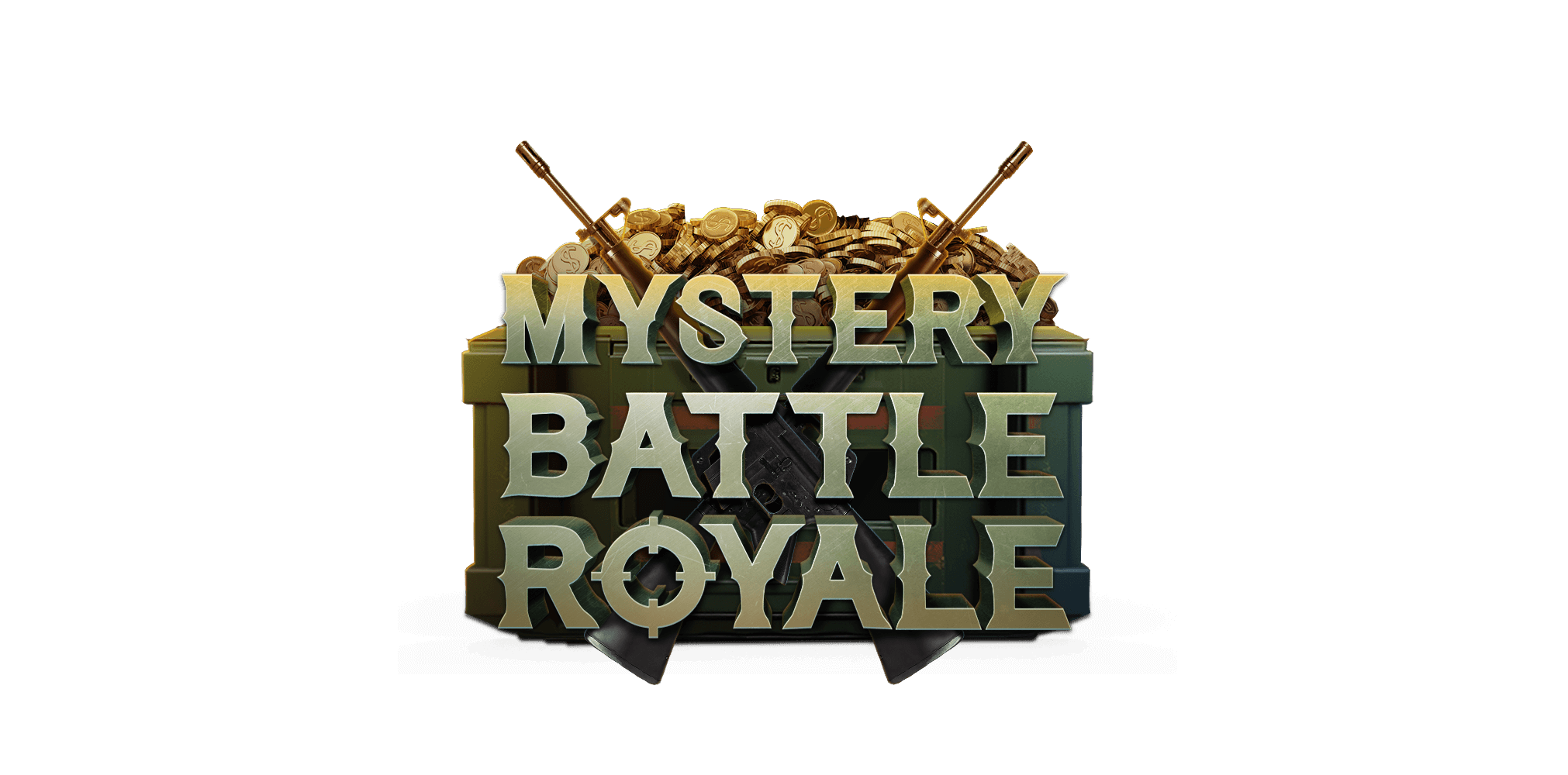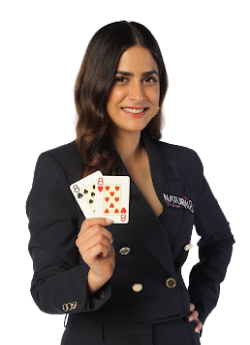
Poker is more than just a game of cards; it’s a battle of wits, instincts, and psychological savvy. But what if we told you that the key to poker success lies not only in your hand but also in your brain chemistry? Yep, the brain plays a pivotal role, thanks to a powerful chemical known as dopamine. This brain chemical doesn’t just reward you for scoring a jackpot; it’s the very same compound that drives us to make decisions, take risks, and chase the thrill of winning.
So, What is Dopamine?
Dopamine is, at base, the brain’s feel-good chemical. It’s the engine of pleasure, motivation, and that much-misunderstood phenomenon: reinforcement. Whenever we experience something pleasurable — from eating a delicious candy bar to winning a hand of poker, our brain releases dopamine. This is the sound that gives us that gratifying sensation of release, and to be quite honest, that’s what brings us back for more.
Did you know?
In poker, dopamine plays a significant role in decision-making. When you’re in the thick of a game, when you’re considering what to do next, whether to fold, bet or raise, your brain is swimming in dopamine. The prospect of a potential win, the tension of a bluffed hand, or the thrill of taking down a massive pot all stimulate the release of dopamine, helping you concentrate and make key decisions. But here's the twist! Dopamine not only makes you play better. It also dictates the amount you are willing to risk for the game.
The Dopamine-Decision Link in Poker
If you've ever had a gut feeling during a poker session that led you to make a bold move, you’ve experienced dopamine in action. It doesn’t just reward the result; it drives the behavior itself. When you make a decision, whether it’s a call or a raise, dopamine reinforces that behavior, making you more likely to repeat it in the future. It’s like a cycle of reward — the more dopamine your brain releases, the more you want to continue making those decisions, pushing the limits, and taking risks.
But this dopamine-fueled decision-making isn’t all sunshine and rainbows. The more dopamine you release, the more your brain craves that sweet high. That craving can lead to a cycle of impulsive decisions, where risks are taken without fully considering the consequences. And let's face it — poker is all about high stakes and calculated risks, but in the wrong hands, dopamine can blur the line between calculated moves and reckless gambling.
How Poker Players Control Dopamine?
The secret to healthy poker is to control the flood of dopamine. Here are some tactics to keep the balance of power:
Conscious Decisions: Before making any significant choices, take a moment to really think about them. Pausing serves as a moment to contemplate the risks, rather than a knee-jerk, reinforced dopamine surge.
Create boundaries: Set limits for yourself, both financially and emotionally. It can also prevent you from chasing losses or continuing to play when you need to stop.
Balance Highs with Realism: Yes, dopamine is addictive, but you must also be real — poker is a skill-and-strategy-based game. Remembering that it is short-lived can help you avoid falling into the trap of chasing your next high.
Know When to Back Away: If you feel that the dopamine rush is becoming too overwhelming, don’t hesitate to take a break. Stepping away gives your brain time to reset and regain balance.
Conclusion
Poker is undeniably a thrilling game where your brain’s reward system plays a significant role. While dopamine can help elevate your decision-making, it’s essential to recognize when it may be steering you toward impulsive actions. By managing the rush, poker players can continue enjoying the game without falling into the traps of addiction or risky behavior. After all, poker isn’t just about the cards you’re dealt, but the decisions you make with them — and those decisions are all in your brain’s hands.
For more insights, strategies, and tips on poker and brain science, stay tuned to Natural8 India. Whether you're a seasoned pro or a newcomer to the game, we’ve got you covered with all the latest blogs and updates to elevate your poker experience.
FAQs
Q1: What is the role of dopamine in the decision-making of poker players?
Dopamine also acts on the brain's reward system, driving players to make riskier and bolder moves. It rewards actions, forcing players to constantly replicate those actions, which could result in snap decisions.
Q2: Does dopamine influence poker addiction?
Yes, it is possible to become addicted to poker; constant hits of dopamine during the highs of poker can be addictive. However, as players pursue that rush, it can warp their judgment, inspiring risky actions and even leading to financial and emotional hardship.
Q3: How can poker players overcome dopamine-induced habits?
Players can control their dopamine surge by staying rational, making calculated decisions, knowing when to quit and take a breather. Such tactics ensure that the game remains fun and everything is in check.
















